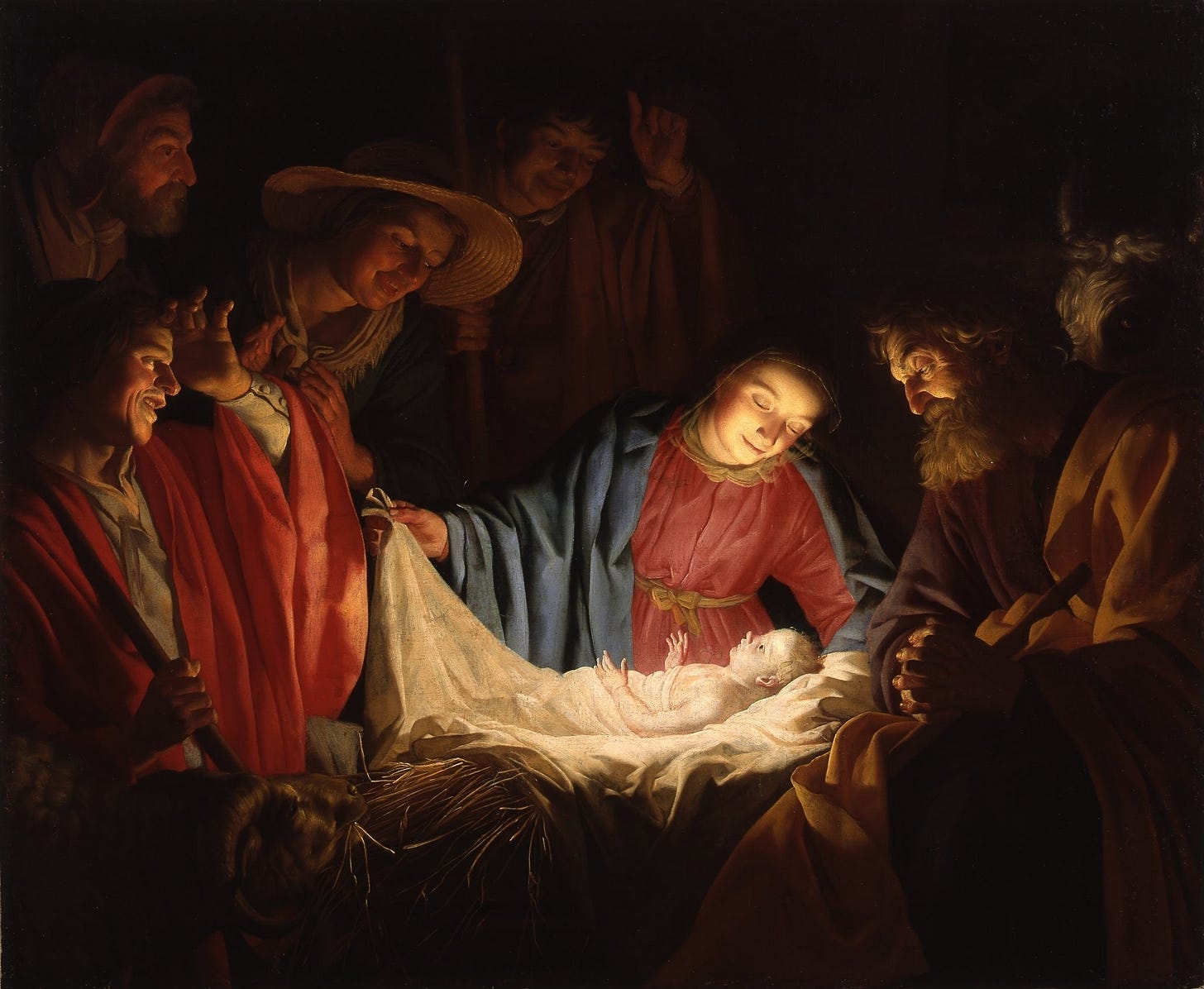What Christmas Is Really About
But in financial terms so we can actually understand it
The following article originally appeared in the Daily Caller and is reprinted here with the author’s permission. Any emphasis added is our own.
Many Americans are struggling to get through this Christmas season because of inflation and the dramatically higher cost of living. That kind of pressure can tempt us to think the economics of Christmas center around the price of gifts and the costs of entertaining. Those things are important, but it is not where Christians should be focused on Christmas morning. Instead, we should think about Christ’s role of redeemer — a fundamentally economic term.
“The word “redeem” can take several connotations, each with subtle distinctions, but they are all rooted in an idea of exchange. One thing is exchanged for another, at a cost. When you redeem a coupon, for instance, you must sacrifice it to receive some discount or other benefit.
The coupon’s value is not realized until it is given up or sacrificed. Just like in the case of a share of stock that has appreciated in price, the owner of that stock does not “realize” the gain until the stock is sold. Only then can he or she receive any money from the sale. Before that, any increase in the stock’s price is called an “unrealized” gain.
If Christ is our redeemer, then something had to have been exchanged, or sacrificed. It was Christ himself who filled that void, becoming not just the high priest who offered a sacrifice, but the sacrifice itself.
Even before he was crucified, Christ’s incarnation was a sacrifice. He humbled himself to share in our humanity that we might share in his divinity. And he was not born in a luxurious palace, but a barn, because his entire life on earth, from beginning to end, was a sacrifice.
His humble birthplace bore evidence to the fact that Christ came not to be comfortable but to die. There are few better illustrations of this than the second verse of the Christmas carol “What Child Is This?,” which is worth quoting in full:
Why lies he in such mean estate,
Where ox and ass are feeding?
Good Christians fear for sinners here,
The silent Word is pleading.
Nails, spear shall pierce him through,
The cross be borne for me, for you.
Hail, hail, the Word made flesh,
The babe, the son of Mary.
God so loved humanity than he paid the ultimate price —his only son, his own self — to redeem us from our own fallen nature. But that sacrifice tells us just as much about humanity as it does the infiniteness of God’s love.
Everything is worth what its purchaser will pay for it, and God purchased our redemption with his own life — something incomprehensibly beyond measure. The value we should place on human life, therefore, should be equally beyond measure. Anything less is to devalue human life and indirectly reject God’s gift. By his life, death, and resurrection, Christ implicitly told the world that the human soul was worth a divine sacrifice, and nothing could be more valuable than that.
We remember this great gift of God’s when we share the wonderful tradition of giving presents at Christmastime. In doing so, we sacrifice our own earnings and wealth so that we might give to others. And while these small acts of redemption appear entirely material in nature, there is a deeper reality at play, especially at Christmas.
A present for someone else tells that person that he or she means more to you than whatever you sacrificed in order to give them that gift — just like when the Redeemer told us our salvation meant more to him than his own life.
May God bless you this Christmas.






